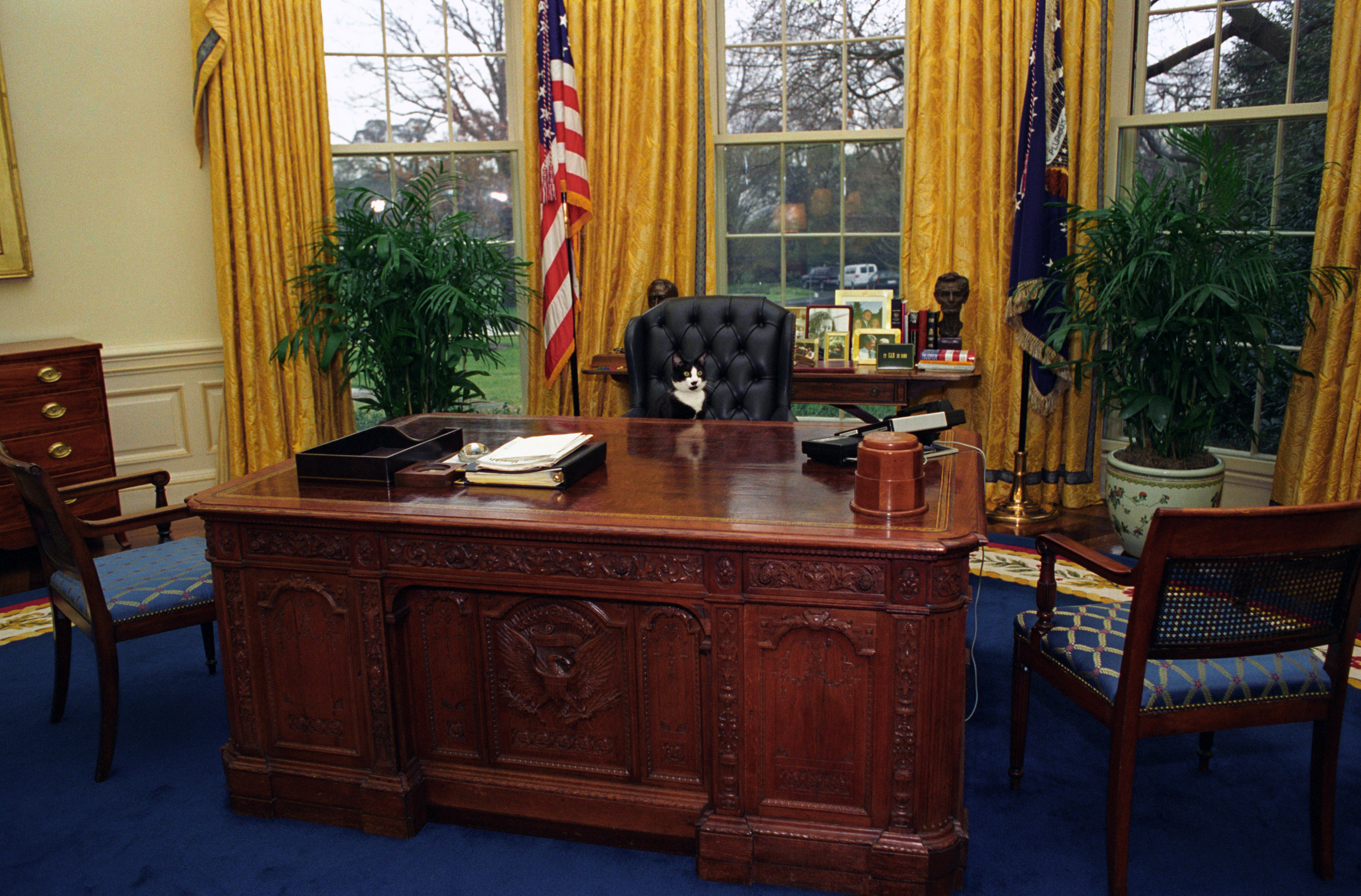
Photo credit: The National Archives
President Obama intends to raise at least $800 million from private donors — with hopes for $1 billion — for his presidential library, which will include a library, museum, office space, activity space, and probably a gift shop, too. It will be twice as costly as the George W. Bush Presidential Library and Museum, with fundraising efforts almost entirely untouched by federal laws that impose limitations and transparency requirements on donations to campaigns for political office.
Historically this blind spot has proven dangerous,
with outgoing presidents concerned about raising enough money,
while still in office, to ensure their legacy.
The last three outgoing administrations ran into library fundraising-related scandals, including allegations of trading a presidential pardon for money. That is why we and a coalition of 15 organizations are urging the House and Senate to enact reform legislation, the Presidential Library Donation Reform Act.
The legislation brings potential conflicts of interest to light by providing a reliable, timely way to see donations by foreign governments, corporations, lobbyists, and wealthy benefactors. It requires fundraising organizations (e.g., the Barack Obama Foundation) to submit report quarterly to the National Archives on each person or entity that contributed more than $200; and for the Archives to publish those reports in a database within 30 days of receipt. It makes it a crime to “intentionally and willfully” submit wrong information. And once the president is no longer in office and the National Archives takes control over the library, the reporting requirements end.
To his credit, President Obama voluntarily adopted limits — “for the remainder of his term” — on donations from foreign nationals, currently registered federal lobbyists or foreign agents, and corporations that are not charitable organizations.
But the limits do not extend to corporate titans,
former lobbyists or their superiors,
and individuals with business before the government.
President Obama is voluntarily disclosing donors and donations over $200, but without indicating exactly how much was given. No governmental entity oversees the reporting to ensure it is accurate, timely, or complete, and the president can change his mind on disclosure at any time.
Generally speaking, past presidents have not voluntarily engaged in significant disclosure, although Senator Clinton mentioned her co-sponsorship of an earlier version of this legislation during a primary debatewith Barack Obama in 2007, while deferring questions on transparency of the Clinton Foundation’s finances to her husband.
Presidential libraries are not just archives,
but provide the base for a former president’s efforts
to shape his or her legacy, fund-raise,
hobnob, and remain influential.
Spearheaded by Rep. John Duncan (R-TX), the Presidential Library Donation Reform Act has been introduced every Congress since 2001, most recently winning bipartisan support from the committees of jurisdiction in the House and Senate. We urge the House and Senate to speedily take up this legislation before another presidency passes them by.
Lessons from 9/11 ← P R E V I O U S
N E X T → Save the Date: Second Congressional Hackathon
— Written by Daniel Schuman
